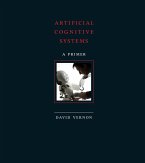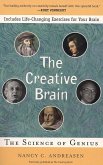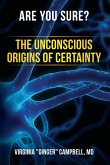The rise of generative AI (GenAI), exemplified by ChatGPT and Claude, has triggered profound debates about technology's impact on humanity. These systems, while powerful, lack embodied cognition, challenging assumptions about agency, creativity, and intelligence. This book critiques reductive narratives equating computational fluency with understanding, emphasizing the biological and intentional roots of human consciousness. It explores epistemological limits, ontological differences, and ethical considerations of AI, while rejecting hyperbolic claims of machine transcendence. By addressing AI's implications for language, creativity, and posthumanist thought, it reaffirms the irreplaceable role of embodied, intentional agency in defining humanity amidst technological upheaval.
Hinweis: Dieser Artikel kann nur an eine deutsche Lieferadresse ausgeliefert werden.
Hinweis: Dieser Artikel kann nur an eine deutsche Lieferadresse ausgeliefert werden.








